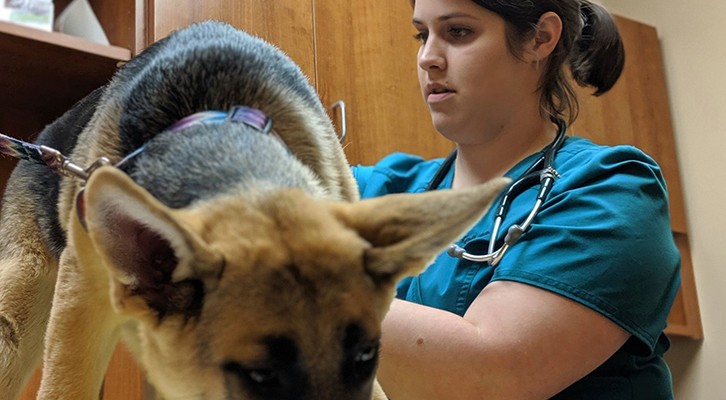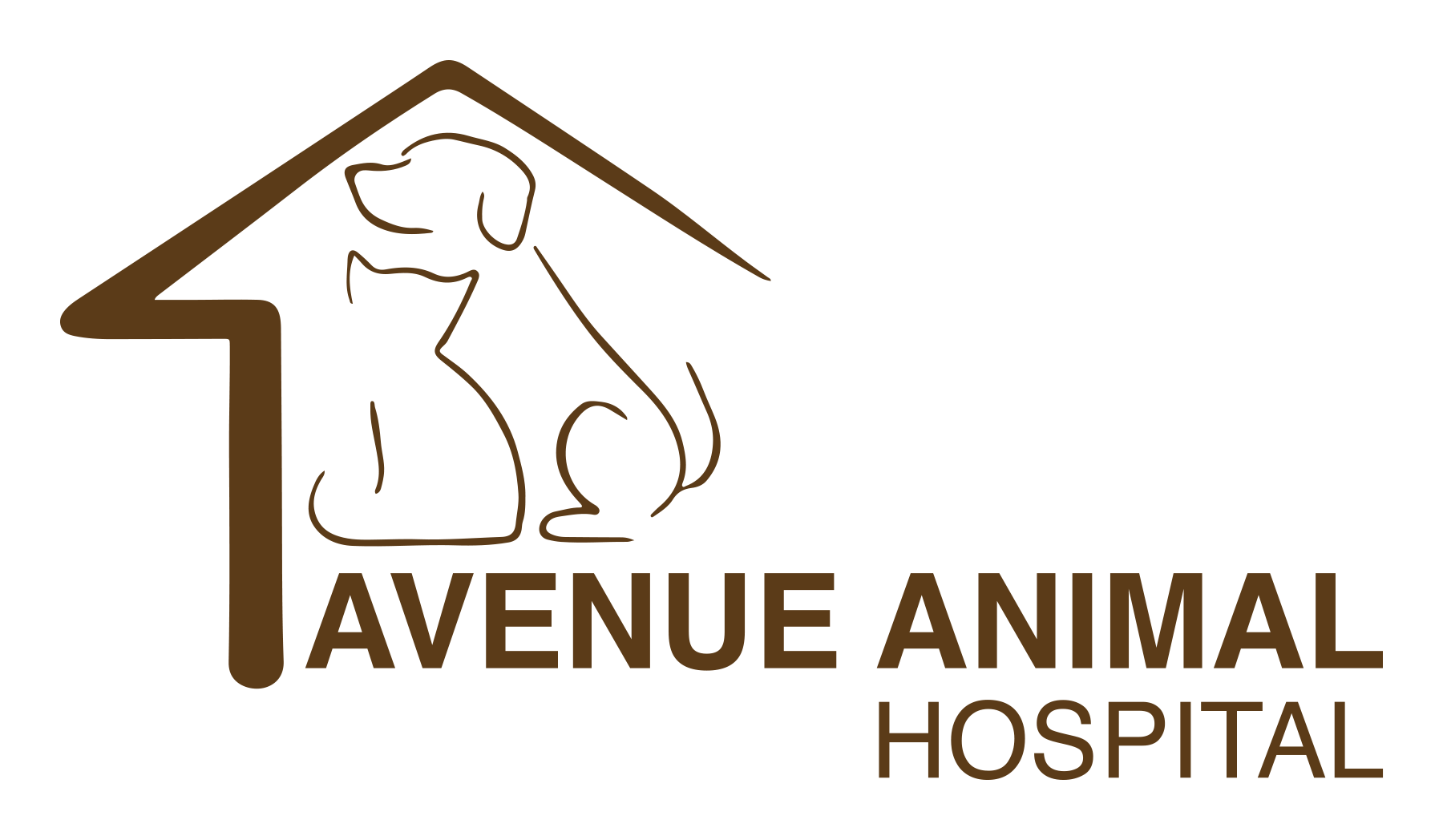Senior Wellness

The health of your pet can change rapidly as he/she ages, and changes can go unnoticed. Early intervention can lead to a longer and healthier life for your pet. Pets can develop diseases common to senior humans, such as diabetes, heart disease, endocrine disease, and cancer. These diseases may go unnoticed in their early stages, so be sure to bring your in for physical health exams twice a year once they are seven years of age. We need to establish baseline blood work, identify existing health problems, monitor any behavioral changes with our cognitive dysfunction behavior form, and may need to adjust his/her diet and nutrition.
It can be hard to admit when we see the signs of old age in our animal companions, but the fact is that most dogs are considered seniors when they hit seven, cats around nine. Pets age much more rapidly than humans, which means diseases and illness progress quicker as well.
Senior Pet Exams
To ensure that your pet has the longest, healthiest, most comfortable life possible, Avenue Animal Hospital encourages you to bring your senior pet for exams and blood tests twice each year. This way, we can track how your pet is aging, and we’ll be more likely to catch any developing diseases before they’re big problems.
The doctor will evaluate the general health of your pet and monitor the physical effects of aging. The doctor may recommend routine blood testing, urinalysis, hormone testing, electrocardiograph (ECG), and x-rays.
Blood Tests
Blood tests are one of the most important parts of a senior exam. These blood screenings—often referred to as a “senior panel”— monitor red and white blood cell counts and reveal how well the kidney, liver, pancreas, and thyroid are functioning. Your vet may recommend a chest x-ray to ensure that the heart is a normal size and that there are no masses in the lungs.
Dental Exam
Periodontal disease is always a threat to our pets’ health and comfort, and it’s particularly tough on older pets. That’s why a dental exam is always part of any senior pet screening as well.
Finally, make sure to let your vet know about any behavior changes in your pet. Once dogs and cat get to the geriatric stage, monitoring for signs of cognitive dysfunction—such as losing housebreaking, getting lost or wandering aimlessly—is very important.
Senior Pet Wellness in Tinley Park, IL
To schedule a wellness exam for your senior pet, call us at 708-532-3866 or Make An Appointment online.
